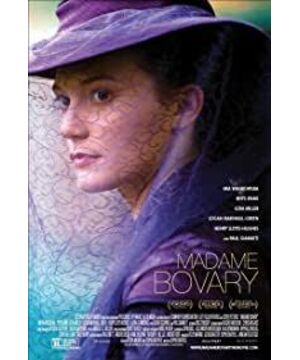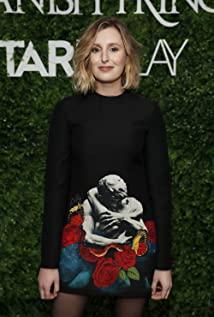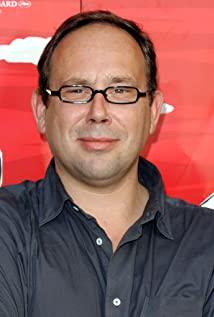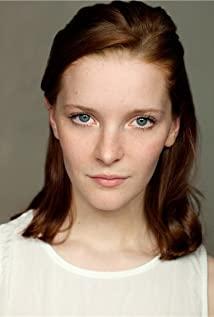Emma got married as a wife, and before putting on her wedding dress, she hoped that he would be the one who changed his destiny, allowing her to see different scenery and live an interesting life. Helpless, the ideal is the ideal after all, and the reality is the reality after all. He is her husband only at night, and at other times he is a doctor who saves lives and heals the wounded.
I have nothing to do all day, I specially made a snack to please my husband, but I didn’t get any appreciation; I wanted to discuss with my husband about repairing fish ponds and trimming shrubs, but I was also dismissed by two words; In the end, she wanted to see a big city like Paris, but he was content with practicing medicine in the village to save people. No matter how loving couples are, they will feel tired because they can't understand or appreciate each other. What's more, Emma believes that love should be mostly romantic.
When she was in the monastery, she received an aristocratic education, and the door-to-door salesmen thoroughly aroused her desire for material things. From the beginning of tailoring a suit for hunting, to changing the furniture, refurbishing curtains, adding carpets and even Change after-meal fruit into dessert ice cream. Her taste was indeed praised by the guests, and her colourful clothes stood out better than the grey and black of the other women, but she could never afford the expense.
If her profligacy is compared to alcohol and tobacco, which is not easy to leave once she gets on it, then cheating is the drug that makes her addicted. She had felt guilt and regret, but none of them could compare to the excitement, pleasure and satisfaction that cheating brought her. For her, this is the only bright color in her boring life, pursuing romance in love in two episodes of sexual intercourse. Obviously he can't afford the debt, but he doesn't care about money at all in front of his lover, and uses money to improve his comfort.
She owed more and more debts, and was sealed up by the bailiffs. She took poison and committed suicide. Does her lover love her? The rich landowner tried hard to capture her heart after being rejected, but he only enjoys her attachment to him and enjoys her body. A little money to help her get through the difficulties; the handsome lawyer also abandoned her because he couldn't stand the sarcastic eyes and comments of others, and he didn't see the diligence when he first met him.
The one who suffered the most was her husband. Of course he loved her. He was tolerant and kind. Many things were done by her temperament, but in the end, he had to bear her lavish debts. The combination of the two was wrong from the beginning. All he wanted was an ordinary wife, and he would spend a lifetime of love and affection with him, but the one he married was a wife who yearned for prosperity and was unwilling to be mediocre and vain; she wanted romance. Money Mary Su-style love and marriage, but married to an ordinary doctor who, in her eyes, was "incomprehensible".
I can't help but think of Anna who committed suicide by lying on the rails in the end. She and she both cheated in marriage, and the final outcome is that they understand themselves. But in a way, Anna is much happier than Emma, at least the man she eloped with really loves her.
View more about Madame Bovary reviews











